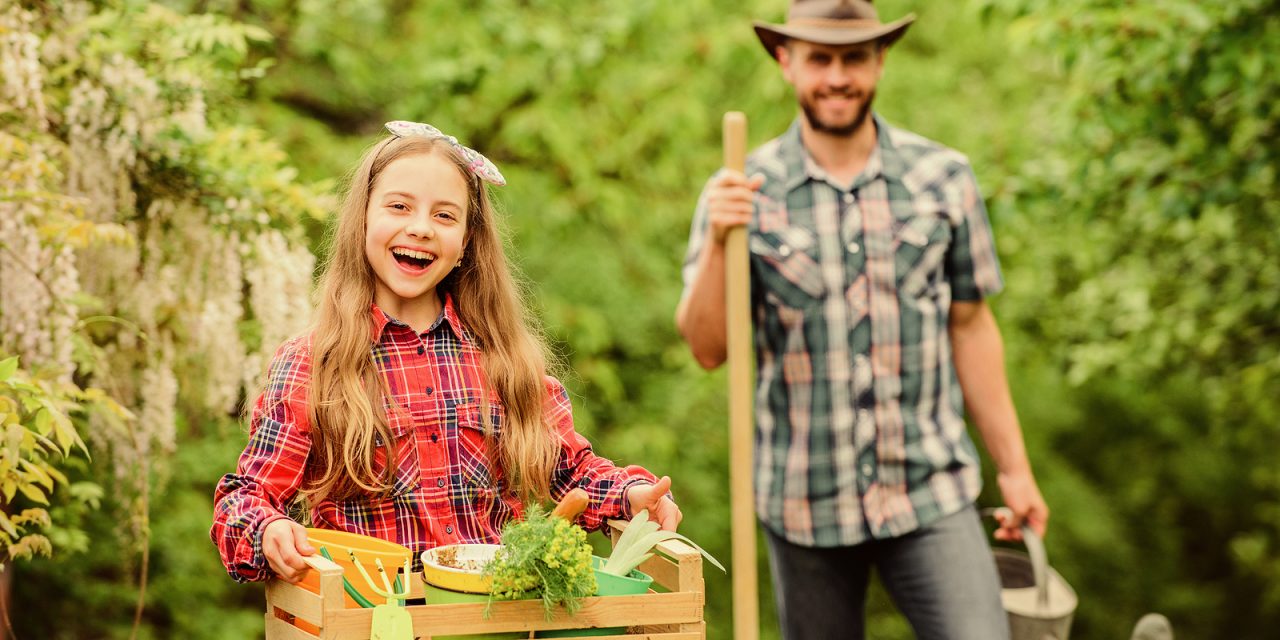Each time that I hear people make this statement I smile just a little: “I want to garden because growing my own food would be so much cheaper.”
That can be a true statement, but in many cases you could have saved a boat-load of money by just buying it at the store. It seems that the origin of that line of thinking is stamped in small print somewhere on a beautifully designed seed packet. Seems so easy to rationalize. I can buy this packet of vegetable seeds for $2.95, and with it I can grow pounds and pounds, OR I can spend the same $2.95 and get one pound or a pound and a half at the store ONE TIME. It’s a no-brainer!
There is a lot of truth in the fact that you can grow your own food cheaper than buying it IF (and that’s a big IF) you are set up and equipped for doing so. If not, it doesn’t take long in your local garden center to discover that you can spend a LOT of money, very quickly, to prepare for your new money-saving venture.
How does one get there? Is there a road map or strategy to establishing your growing spaces without spending so much money? I believe there is! You’ve heard the old saying, “Where there’s a will, there’s a way.” If you are a beginning gardener with a will to succeed, here are six ways to begin without breaking the bank:
1. Begin by determining your growing area. Whether you plan to grow in the ground, in raised beds or in containers on a patio or balcony, you need to know what style of gardening you intend on practicing. This will determine the amount of area that you have to work with.
2. Spatial orientation is important. Where I live, gardens that are oriented on the west side do not do nearly as well as those on the south or east. Take that into consideration and choose wisely.
3. Start small and grow into it. It is far better to start with one raised bed or a couple of high quality containers and keep adding to them than it is to invest in things that will not hold up over time. One day you will look up and realize that you have built a lasting, sustainable garden area. Just be patient.
4. Quality garden soil is the key to your success. When I was new to gardening I was fixated on the plants. It didn’t take long before I learned that success and failure lies in the quality of the soil. Today, I rarely focus on the plants themselves but rather try to grow healthy soil. If you are purchasing soil, know exactly what you are getting. Good soil isn’t cheap!
5. Choose the right plant varieties. This can determine whether you yield a handful or a wheelbarrow full. Sadly, most garden centers are not selecting varieties specific for your zone/area. They are just putting up a straight-from-the-dealer seed or plant display. Regardless of the variety you select, you are utilizing the same amount of growing space so educate yourself and get the most out of each plant.
6. Don’t give up! Gardening, like many other things, has its ups and downs. You will have some good crops and bad crops. There are many foolish things that we can busy ourselves doing, but gardening is good work. If you stay with it, one day you will be growing your own food.
Food security and availability is a big issue, and accessing it at an affordable cost is even more of an issue. Perhaps there is more to growing your own food than just the cost. For us, homegrown food is labor intensive, but we believe it tastes better. We know that it’s more nutritious, and we are able to grow more varieties. Our sense of accomplishment and satisfaction is much greater because we worked to grow it ourselves.
Proverbs 14:23 tells us, “In all labor there is profit, but mere talk leads only to poverty.” Determine now to be diligent and frugal. Your portion and profit will be delicious!





